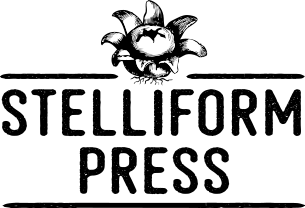
These are quiet times. Not like a summer evening before a storm or waking up to snow, but a fraught quiet. A waiting for an absent loved one quiet. A reading through the damage report quiet.
We are learning, if we did not know before, that there are different ways to be quiet: the quiet concentration of holding one’s breath; a silent prayer; deep breathing in the moments between acts of care-giving, or going through the now-displaced motions of our former lives. We’re not quite sure when this quiet will end.
I’ve been reading and listening to podcasts, but it’s difficult to think. Hard to reconcile big, transformative ideas into the strange quietness of this moment. But over the next few weeks, I will share some of the things I’m reading here, in case they are as helpful or inspiring or merely interesting to others as they have been to me.
Want to Stop the Next Pandemic? Start Protecting Wildlife
Eric Roston’s “Want to Stop the Next Pandemic? Start Protecting Wildlife Habitats” on Bloomberg Green focuses on the ecology of the virus. Ecologies, of course, are systems in which organisms of all kinds have a place to perform a function in connection to other organisms. It’s easy to forget that ecology spans beyond charismatic megafauna and their equally striking landscapes, or even the animals we know in our yards or neighbourhoods. Increasingly, scholars in the Humanities are imagining the boundaries of ecology to encompass human cultures and human feelings — these things influence the ways that organisms exist and interact within their systems.
Roston notes a review by the United Nations which states that “an ecological approach to disease, rather than a simplistic ‘one germ, one disease’ approach will provide a richer understanding of disease related outcomes.” This line of thinking naturally leads to the idea that the diverse biospheres in which one might encounter a novel virus should be protected in order to ensure protection from such viruses.
Let’s take this idea a step further. In order to protect ourselves from novel viruses we need to be protected from the kinds of close encounters with non-human life that leads to virus transmission. We need protection poverty. It is often poverty that drives people to seek out cheap sources of food, in markets, forests, or factory farms. We need protection from economies that demand a certain kind of work — such as logging or oil extraction or working in slaughterhouses — that we are increasingly seeing as sites of risk.
It is time to recognize all facets of human life as part of an ecological system. If local or global economies are creating interactions between organisms — human or otherwise — which are unsafe, it is time to reform that system.
